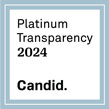Keeping Tabs on Ocean Health with Reef Check
December 5, 2014
We’re thrilled to announce our new partnership with Reef Check!
Established in 1996 by Dr. Gregor Hodgson, Reef Check is an international nonprofit organization dedicated to saving reefs and oceans through research, education, conservation, and encouragement of sustainable, environmental solutions. Reef Check seeks to empower local communities to improve two marine ecosystems: tropical coral reefs and California rocky reefs. As a global organization, Reef Check provides a simple, standard method to train fishermen and community members to scientifically check the health of their reefs and to create non-extractive businesses that use coral reefs to provide a higher income than fishing – an ecologically and economically sustainable solution for both coral reef conservation and to track reef health worldwide.
As the United Nations’ official selection for community-based reef monitoring programs, Reef Check analyzes the health of reefs through a method of surveying that uses local citizen scientists who are trained and led by professional marine biologists. In 2002, findings published in the report, “The Global Coral Reef Crisis – Trends and Solutions,” demonstrated that humans have affected every reef worldwide through overfishing, pollution and climate change. Reef Check is dedicated to reversing this trend, and success stories show that coral reef recovery is possible through monitoring, management and protection. Since 1997, Reef Check’s fast-growing network has expanded throughout all tropical seas, and has played a key role in efforts to preserve and sustain reef ecosystems. In 2005, Reef Check launched its first temperate reef program in California with the goal of building a network of informed and involved citizens who support the sustainable use and conservation of the state’s nearshore marine resources.
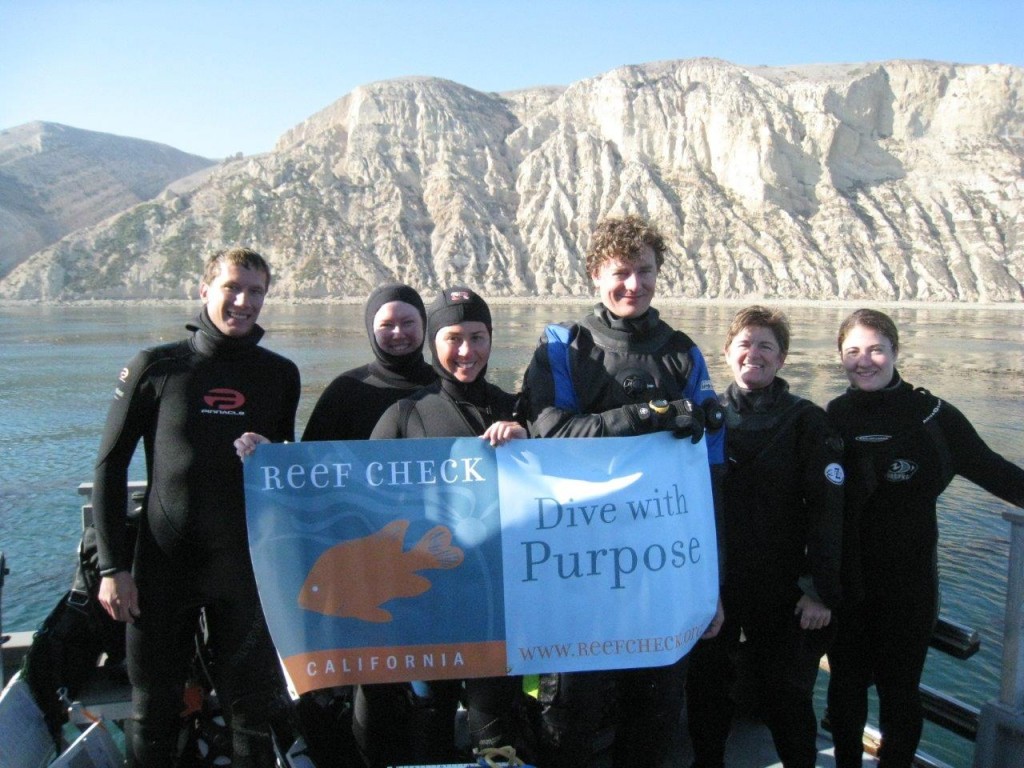
Reef Check conserves reefs through three primary programs:
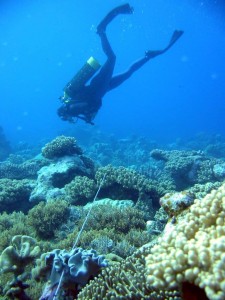
1. EcoDiver program – an education and certification program for kids to adults who want to learn more about the ocean and take part in protecting reef ecosystems.
2. Coral Reef Management program – a monitoring and management program that focuses on establishing Marine Protected Areas to preserve coral reefs while encouraging sustainable use of surrounding reefs for local residents.
3. Reef Check California program – a volunteer monitoring program for California rocky reefs designed to provide data for research and to build a conservation constituency among California divers.
With the assistance of volunteer teams in over 90 countries and territories around the globe and the work of its headquarters in Los Angeles, CA, Reef Check fosters collaborations across sectors to engage volunteers, government agencies, businesses, universities, and other nonprofits to achieve their mission. Reef Check continues to reach its goals of: educating the public about the value of reef ecosystems; creating a global network of scientifically trained volunteer teams to regularly monitor and report on reef health; facilitating collaboration to produce sound and sustainable solutions; and stimulating local community action to protect and rehabilitate reefs internationally.
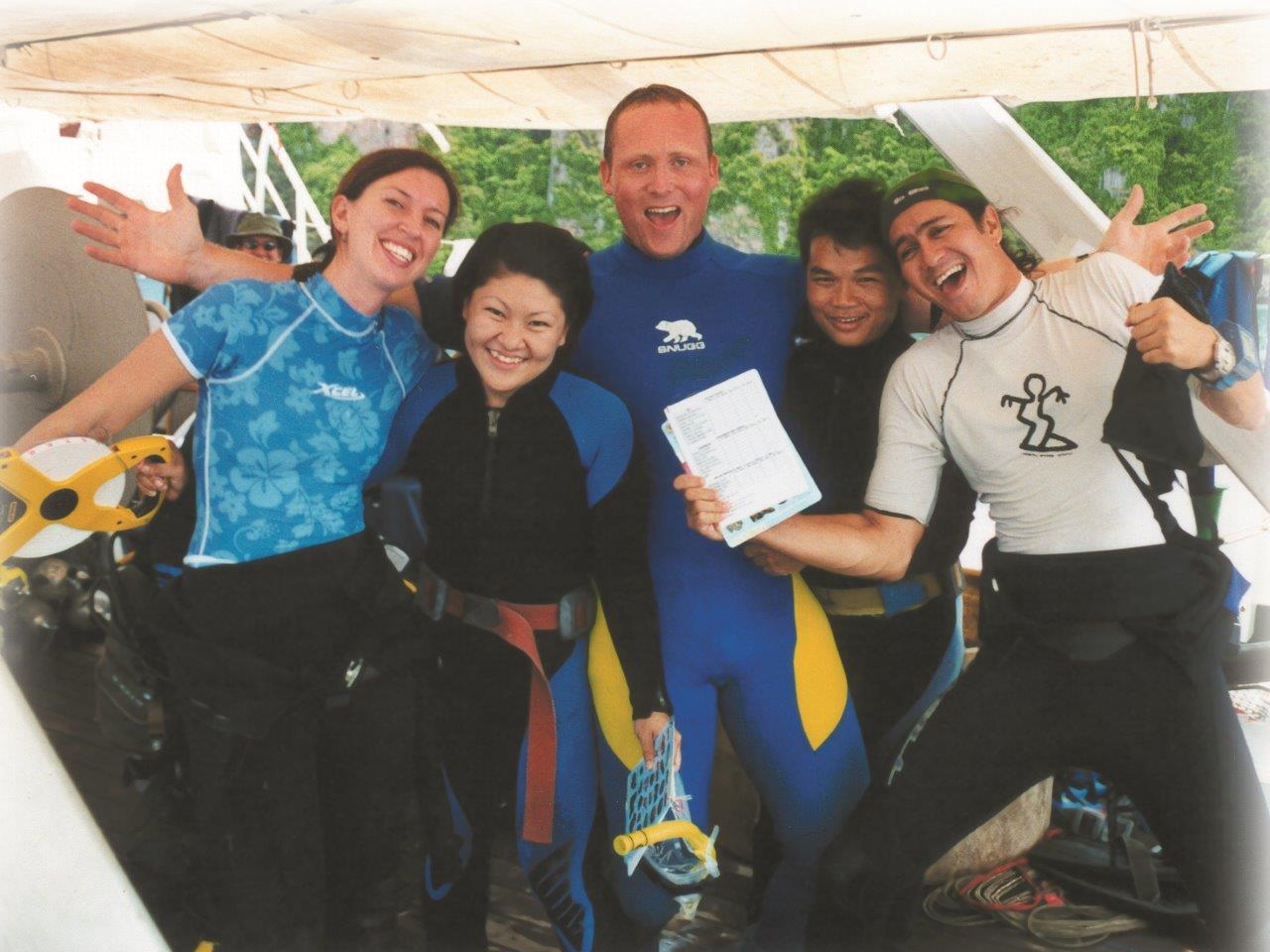
The Reef Check program has been featured in the New York Times and in 2013 was awarded the Katerva Prize for best conservation program in the world. In 2014, Reef Check won second place in the global St Andrews Prize for the Environment competition.
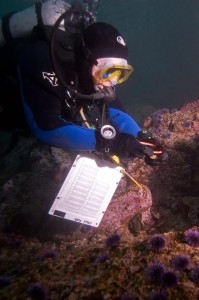
For more information and to find out how to get involved, visit ReefCheck.org and follow them on Facebook and Twitter.
Featured image (top): Reef Check diver in Australia. © Reef Check







